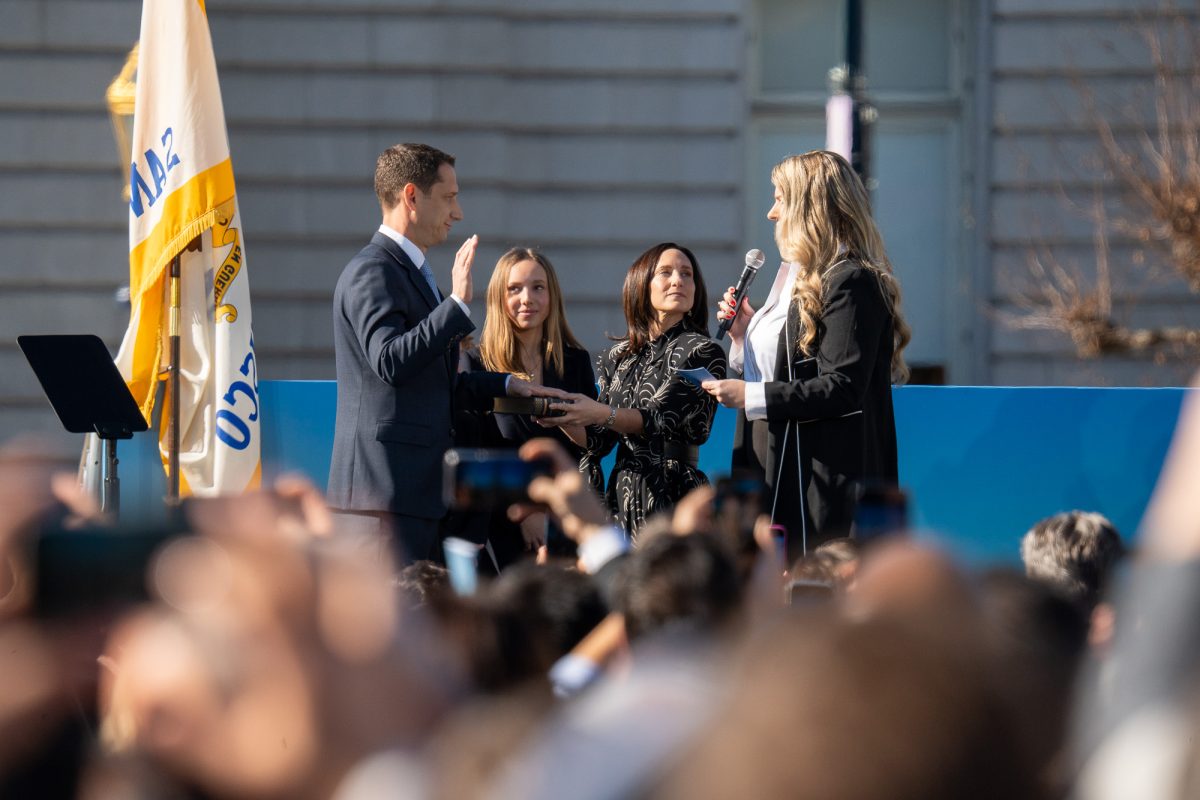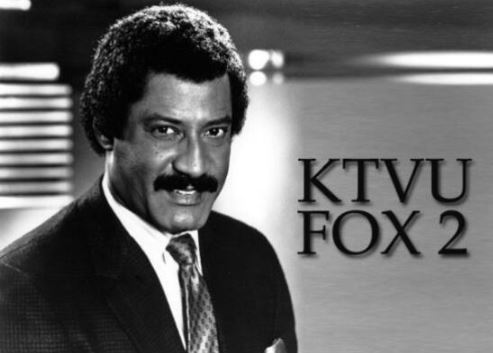Daniel Lurie, the founder of Tipping Point Community and heir to Levi Strauss, was elected to be the next mayor of San Francisco.
Lurie and former Interim Mayor Mark Farrell were predicted to land at the top in the race for the next mayor as many San Franciscans expressed discontent with Mayor London Breed’s approach towards the crime and drug epidemic in the city.

However, in the last few weeks of the campaign, the two began increasingly aggressive advertisements.
Farrell’s ads referred to Lurie as “a trust-fund guy,” while Lurie called attention to Farrell’s previous ethics fine of $25,000 in 2016. On Nov. 4, the day before the election, Farrell was hit with the largest ethics fine in city history–$108,179–for allegedly funneling funds from his Proposition D campaign into his own mayoral campaign.
In a statement to ABC7 News, Farrell said, “As the person responsible for both campaigns, I take full ownership of these issues- this is [the] kind of accountability I am modeling for my children.”
Many believe that the timing of this fine caused him to lose a large number of voters.
In his first news conference since being elected, Lurie said, “No matter who you supported in this election, we stand united in the fight for San Francisco’s future and a safer, more affordable city for all,” before stating that he will “declare a fentanyl state of emergency on day one, …get tough on those that are dealing drugs,” and “protect” transgender youth and their families.
In her concession speech, Mayor Breed said, “We will always do everything we can to ensure the success of the city and that there is a smooth transition so that the important work that has been done and needs to continue in San Francisco moves forward.”
San Francisco uses ranked-choice voting, in which voters choose which candidate they would like the most to see as their mayor, and also make note of their second and third choices, down the list of candidates.

English teacher and San Francisco resident Brian Kosewic ’16 explained how Lurie used this system to his advantage, saying, “He also ran a campaign where he really just tried to present himself as a nice guy, and in a lot of ways, he avoided taking a firm stand on a lot of issues, and so I think his goal is really to make himself as unoffensive as possible to as many voters with the strategy of being ranked maybe as their first choice, but also as a lot of people’s second choice votes.”
First time voter Manuel Alexandre Fonseca ’25 said, “Lurie, while not a perfect candidate, has provided solutions to tackle San Francisco’s drug, theft, and homelessness problems, and will hopefully show better leadership on these issues.”









